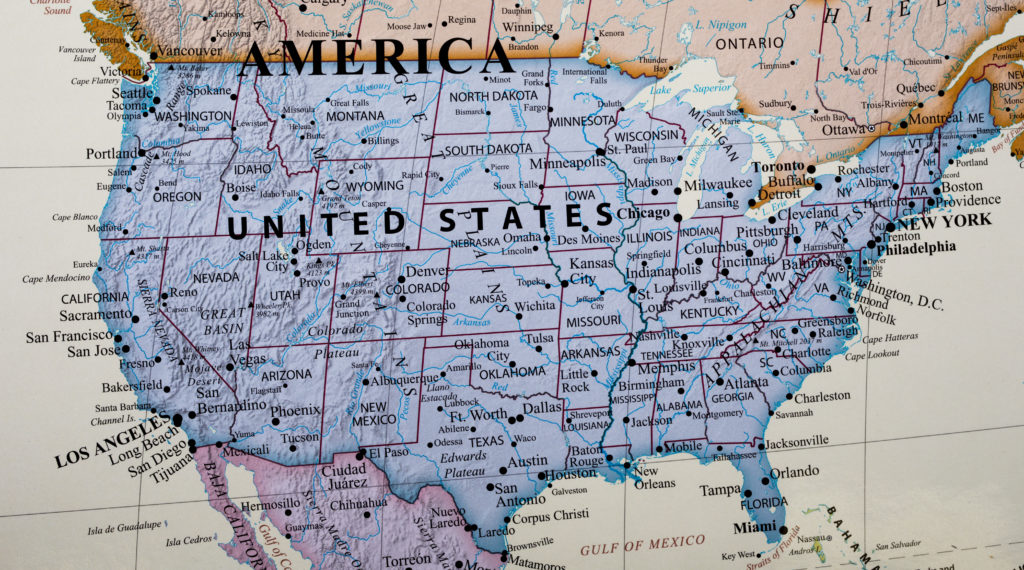Apprenticeships: Retraining Programs for Dislocated Miners
A majority of people in the United States support transitioning from fossil fuels to renewable energy, though the desired approach varies wildly. However, beyond a transition to renewables, there has been a steep decline in the use of coal fired power plants since in recent years with the rapid increase in natural gas use due to the popularization of hydraulic fracturing, more commonly known as fracking. From 2011 to 2019, coal production employment fell 42%, with the steepest… Read More »Apprenticeships: Retraining Programs for Dislocated Miners





